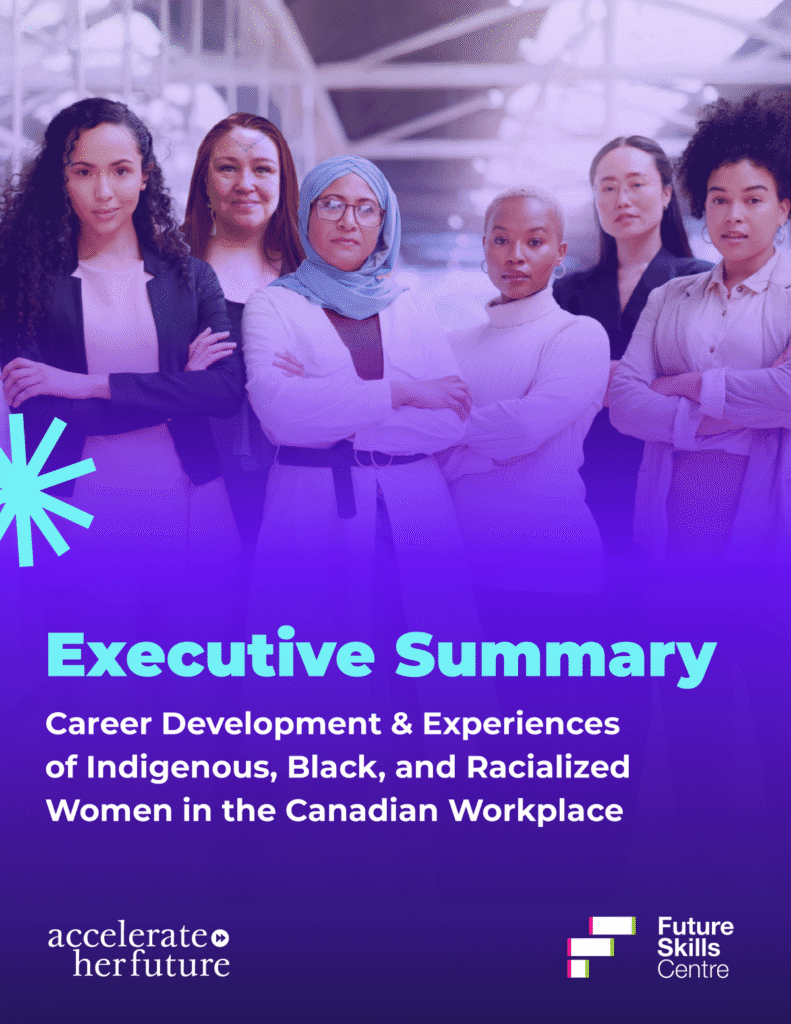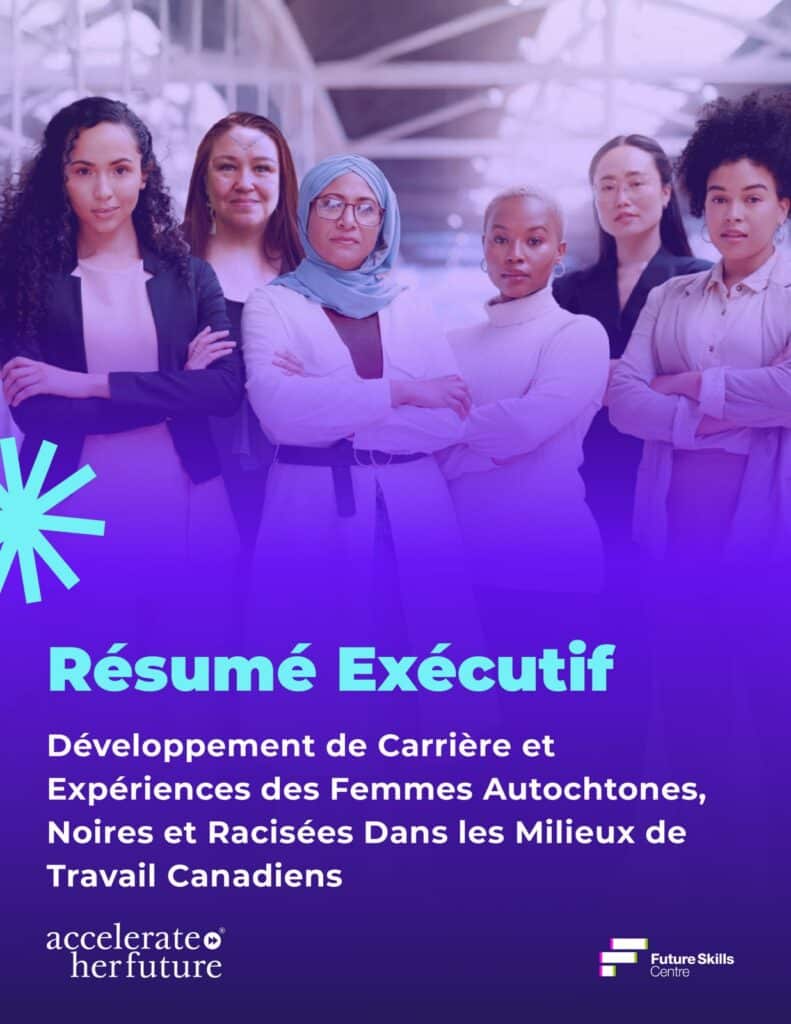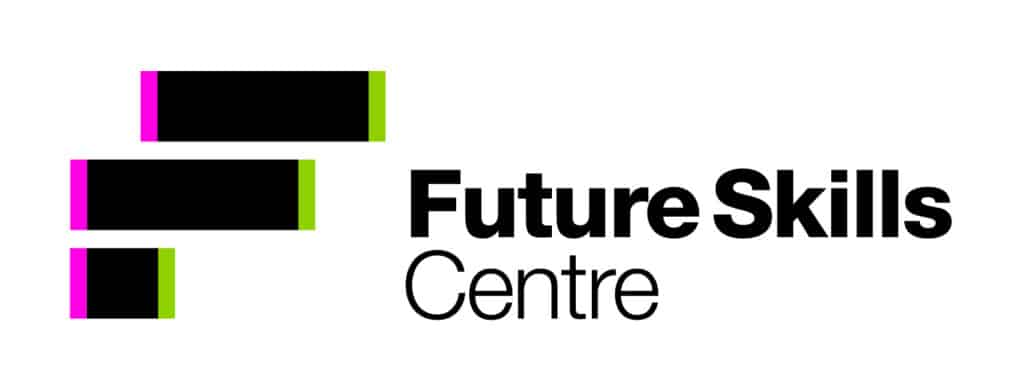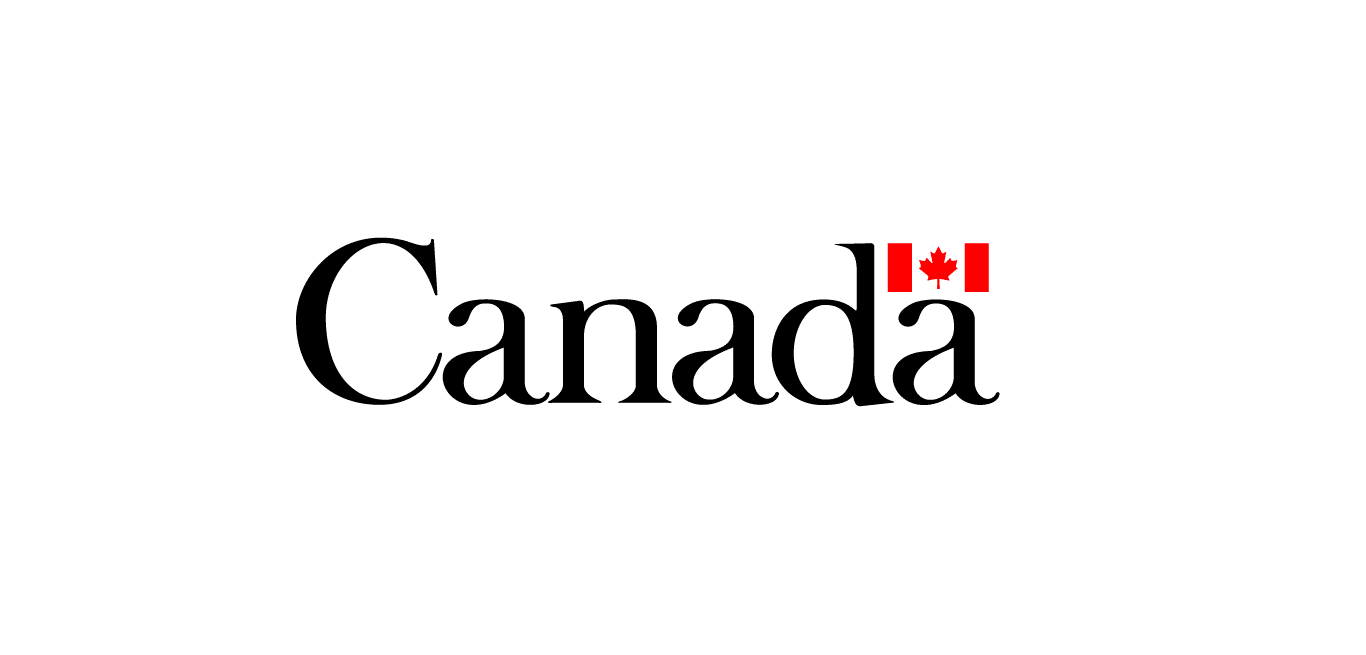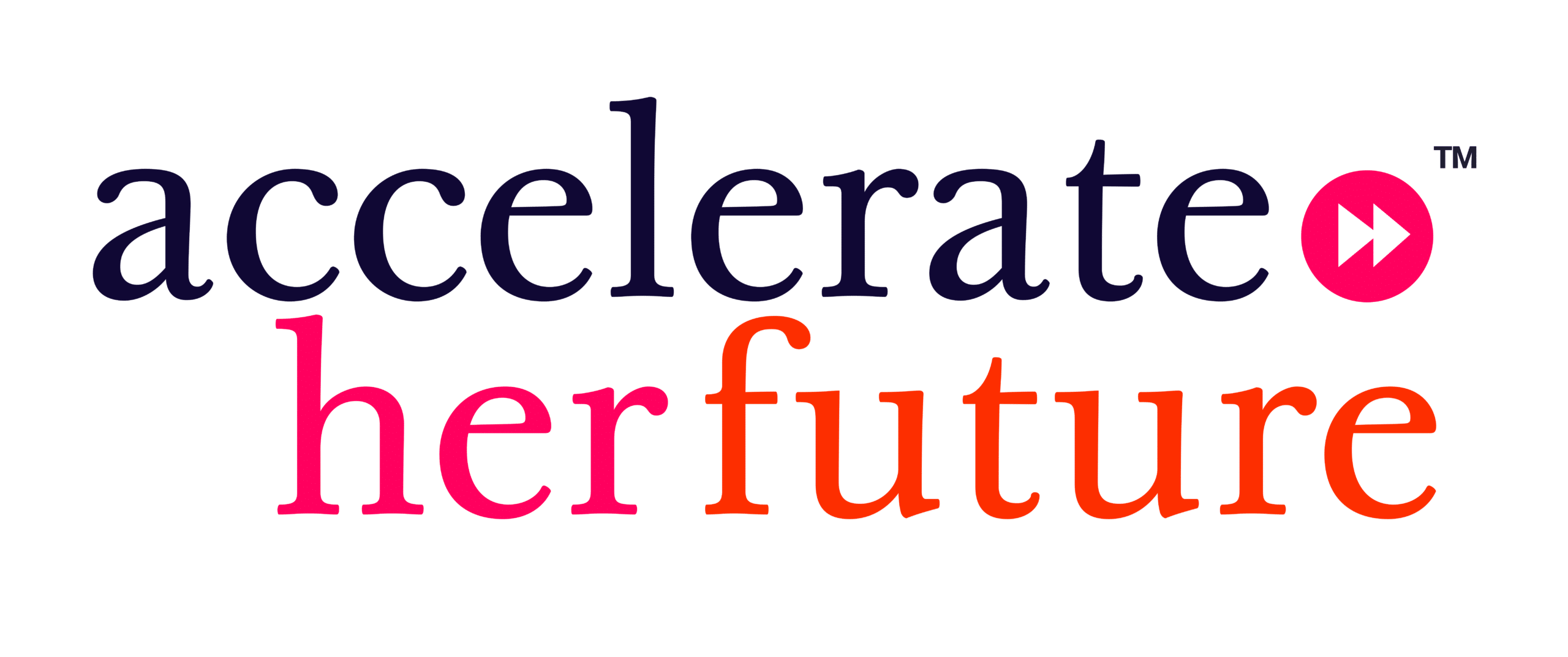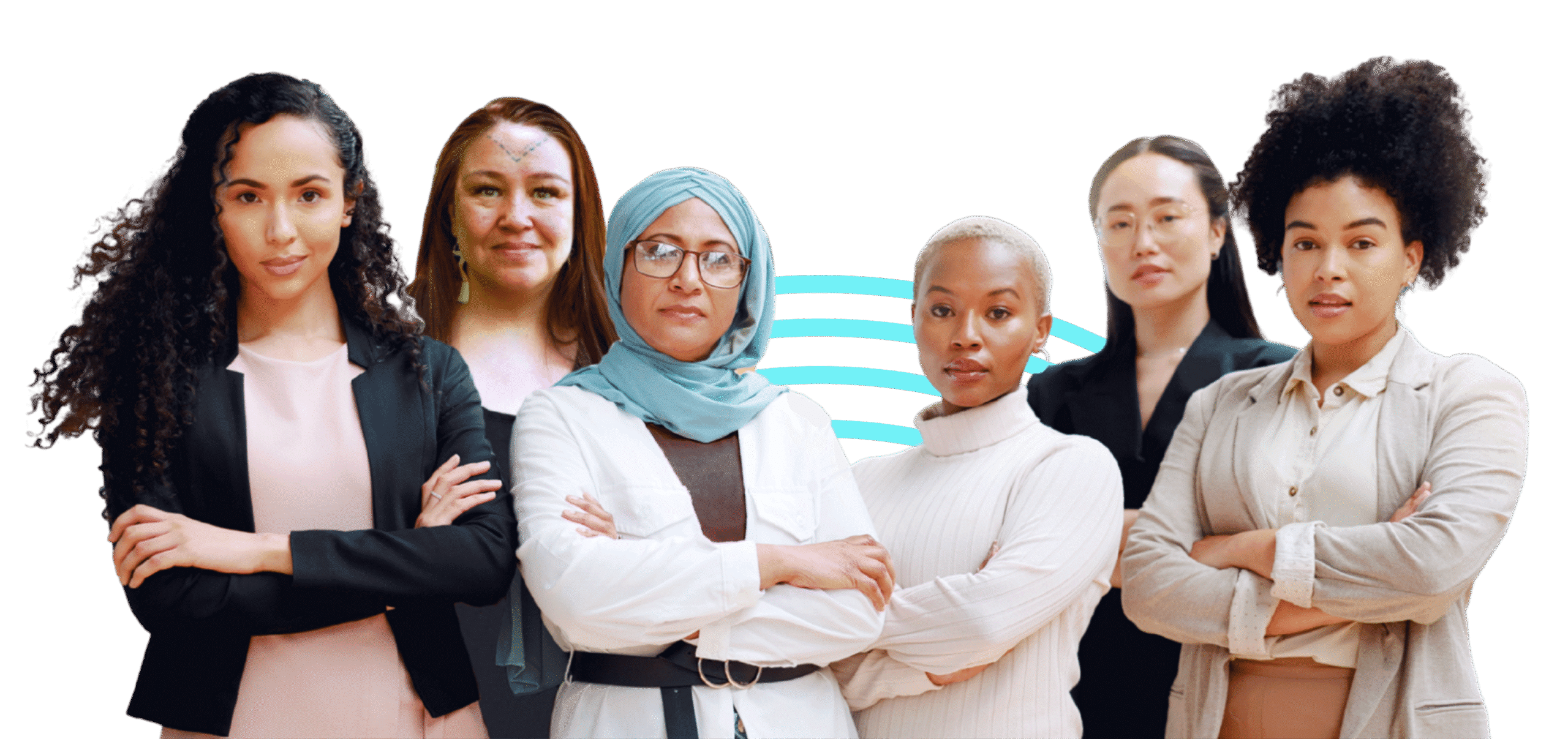
Accelerate Her Future’s Career Development Report Launch
What are the Gaps and What's Possible When We Centre the Voices of Indigenous, Black, and Racialized Women
The Need For
Intersectional Understanding
Widespread disparities in external data made one thing clear: a deeper, more intersectional understanding of career development barriers was lacking and is urgently needed.
The Drop-Off:
Where Are Women of Colour in Leadership?
1
The Drop-Off:
Where Are Women of Colour in Leadership?
1
¹ Women in the Workplace 2023, McKinsey & Company and LeanIn.org
¹ Women in the Workplace 2023,
McKinsey & Company and LeanIn.org
Still Not at the Table:
Representation in Corporate Directorships (2024)
Still Not at the Table:
Representation in Corporate Directorships (2024)
² The Prosperity Project, 2024 Annual Report on Diversity in Leadership
The Need For
Intersectional Understanding
Widespread disparities in external data made one thing clear: a deeper, more intersectional understanding of career development barriers was was lacking and is urgently needed.
The Drop-Off:
Where Are Women of Colour in Leadership?
1
¹ Women in the Workplace 2023,
McKinsey & Company and LeanIn.org
Still Not at the Table:
Representation in Corporate Directorships (2024)
² The Prosperity Project, 2024 Annual Report on Diversity in Leadership
Key
Findings
These six key findings reflect some of what participants shared about their career development in Canadian workplaces.
Career development for Indigenous, Black, and racialized women is structurally inequitable, informal, and unclear. Participants described a lack of transparency around promotion pathways and nomination criteria, with decisions often shaped by affinity bias and insider networks that advantage white employees.
Many career and leadership development programs are designed with dominant workplace norms, eurocentrism, individualism, competitiveness, often failing to take into account the unique needs and lived experiences of Indigenous, Black, and racialized women. As such, these programs disproportionately benefit white women, overlooking intersectional experiences, lacking Indigenous and racialized facilitators, mentors, and coaches while prioritizing traditional leadership ideals.
Participants shared experiences of racism, microaggressions, lateral violence, and exclusion that stalled career growth, limited access to opportunities, and harmed well-being, highlighting the need for anti-racist systems, and psychologically safe environments.
Mentorship, sponsorship, and access to influential networks are critical but inequitably distributed for career advancement. While mentorship was identified as essential, many participants reported having to seek out mentors with similar lived experiences on their own. Sponsorship, in particular, was elusive, with many describing the lack of advocates who could open doors or advocate for promotions and stretch projects.
Direct managers play a pivotal role in shaping the career experiences of Indigenous, Black, and racialized women, yet too often, they lack the equity literacy, feedback skills, and cultural humility needed to support their team members’ growth and advancement.
Participants noted that systemic accountability and support is needed to thrive. This includes transparent promotion pathways, culturally safe workplaces, feedback-rich environments, and leaders who recognize their responsibility in driving systemic change.
Key
Findings
These six key findings reflect some of what participants shared about their career development in Canadian workplaces.
Mentorship, sponsorship, and access to influential networks are critical but inequitably distributed for career advancement. While mentorship was identified as essential, many participants reported having to seek out mentors with similar lived experiences on their own. Sponsorship, in particular, was elusive, with many describing the lack of advocates who could open doors or advocate for promotions and stretch projects.
Participants shared experiences of racism, microaggressions, lateral violence, and exclusion that stalled career growth, limited access to opportunities, and harmed well-being, highlighting the need for anti-racist systems, and psychologically safe environments.
“
“
Gaps in
Women’s Career Development & Networks
Gaps in
Women’s Career Development & Networks
When asked about the presence of women-focused career development initiatives in their organizations, many participants revealed that formal programs and networks are still far from the norm.
Does your organization have a formal women’s resource group/network?
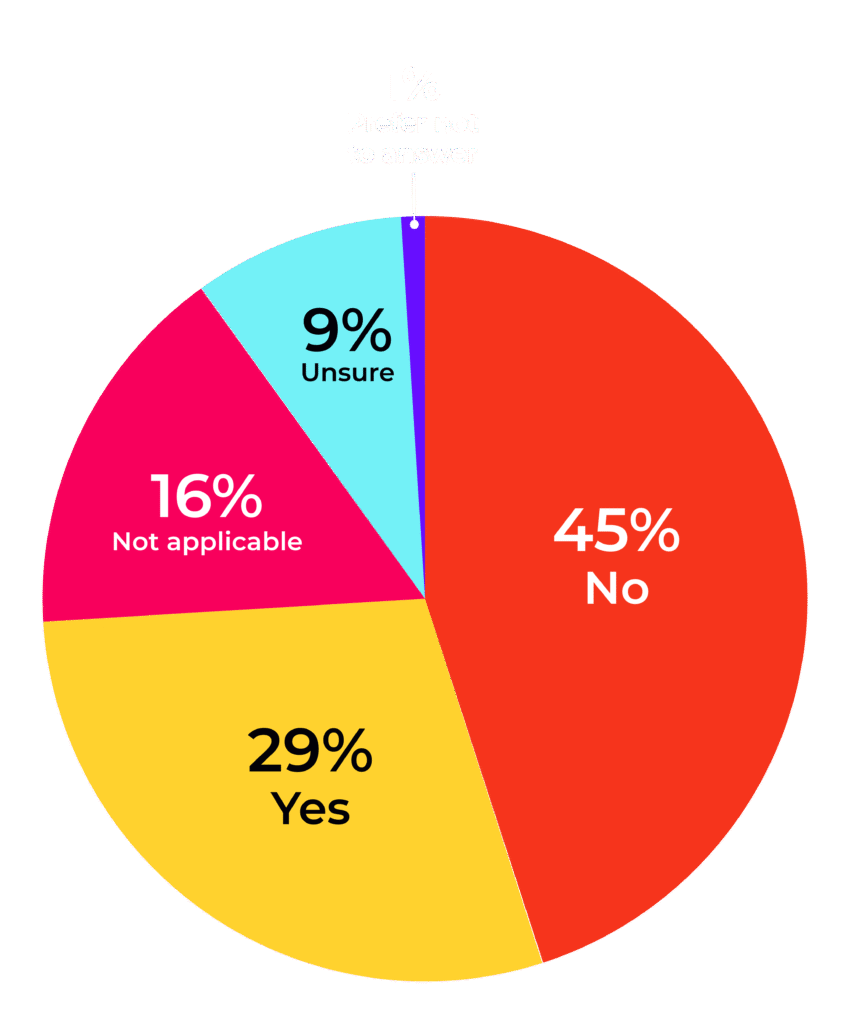
Does your organization offer career development programs for women?
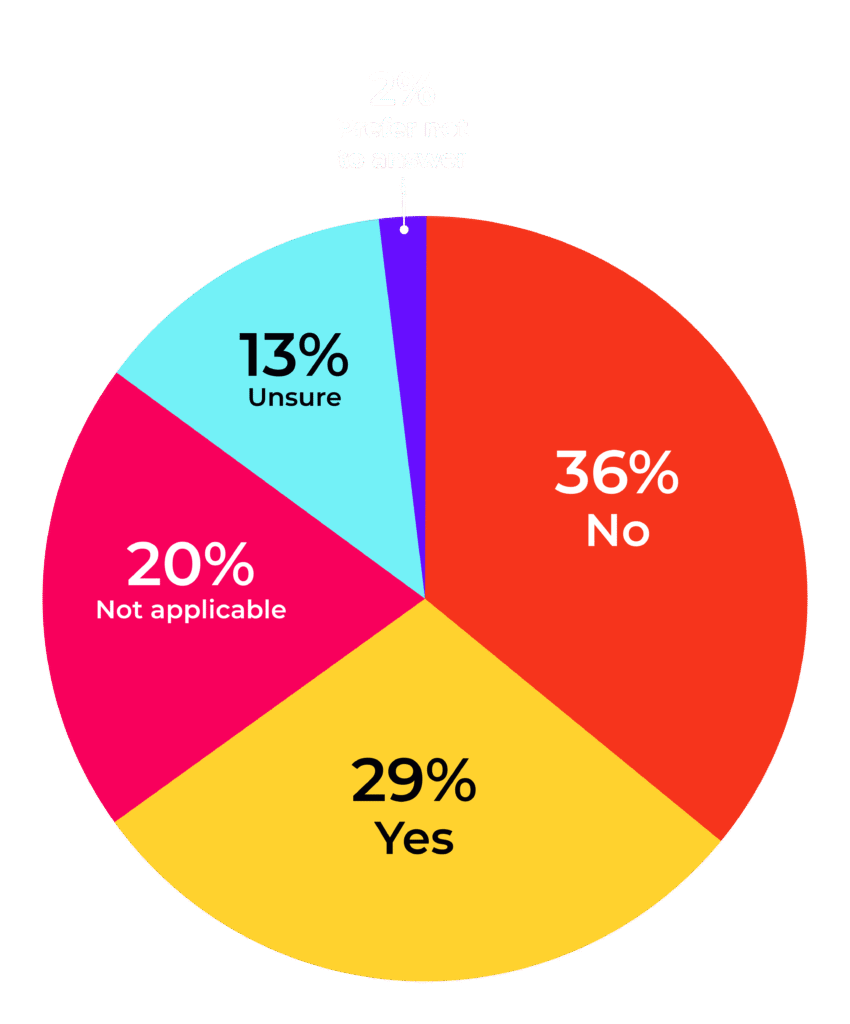
Gaps in
Women’s Career Development & Networks
When asked about the presence of women-focused career development initiatives in their organizations, many participants revealed that formal programs and networks are still far from the norm.
Does your organization have a formal women’s resource group/network?

Does your organization offer career development programs for women?

“
“
Promising
Practices
These promising practices reflect what some participants indicated is working and are examples of targeted approaches that may help organizations address career development gaps if implemented appropriately.
Effective career development happens in the day-to-day, not just during annual reviews. Participants emphasized the importance of managers and leaders proactively engaging in ongoing, intentional career conversations rooted in equity and cultural humility.
Leaders and direct managers must be equipped with the skills, tools, and equity literacy to advocate for growth opportunities, especially for Indigenous, Black, and racialized women who have been historically excluded from advancement.
Participants preferred tailored career and leadership development programs that reflect women’s lived realities and needs, led by facilitators who understand their unique experiences—moving beyond one-size-fits-all models.
Promising
Practices
These promising practices reflect what some participants indicated is working and are examples of targeted approaches that may help organizations address career development gaps if implemented appropriately.
Participants advocated for clear career pathways, promotion criteria, transparent decision-making, and accountability for advancement practices to reduce bias and structural barriers.
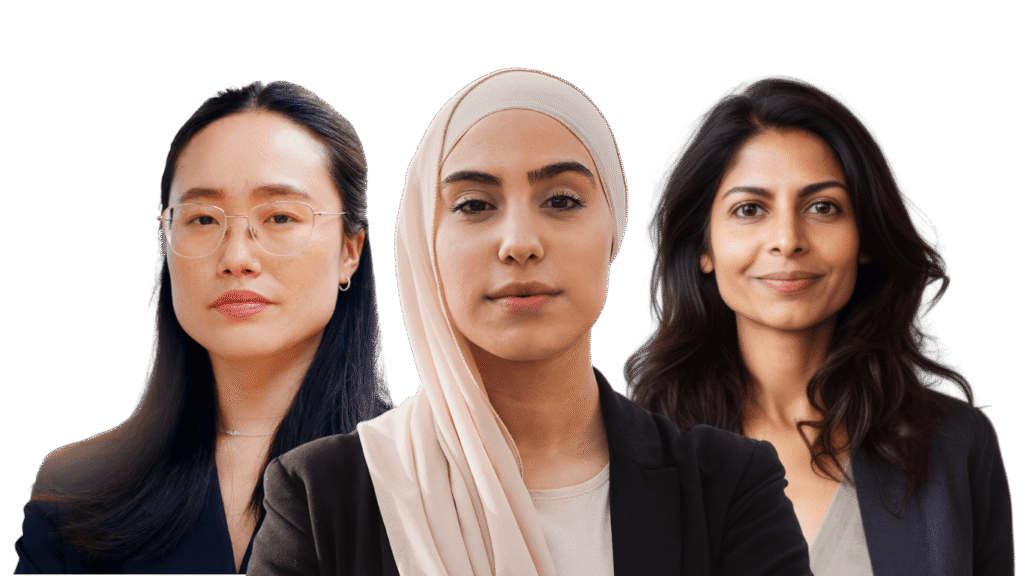
“

“
Access the Research
Choose What You Need
Sign Up to Access the Full Report, or Select Sections
"*" indicates required fields
Research in Action
National Roundtables
Building on our national research, we are convening leaders across Canada to turn insight into action. In partnership with leading organizations, these intimate, invitation-only roundtables bring together HR, DEI, and Talent professionals to explore how workplaces can advance inclusive career development for Indigenous, Black, and racialized women.
Who Participated
In This Study
Research Participation
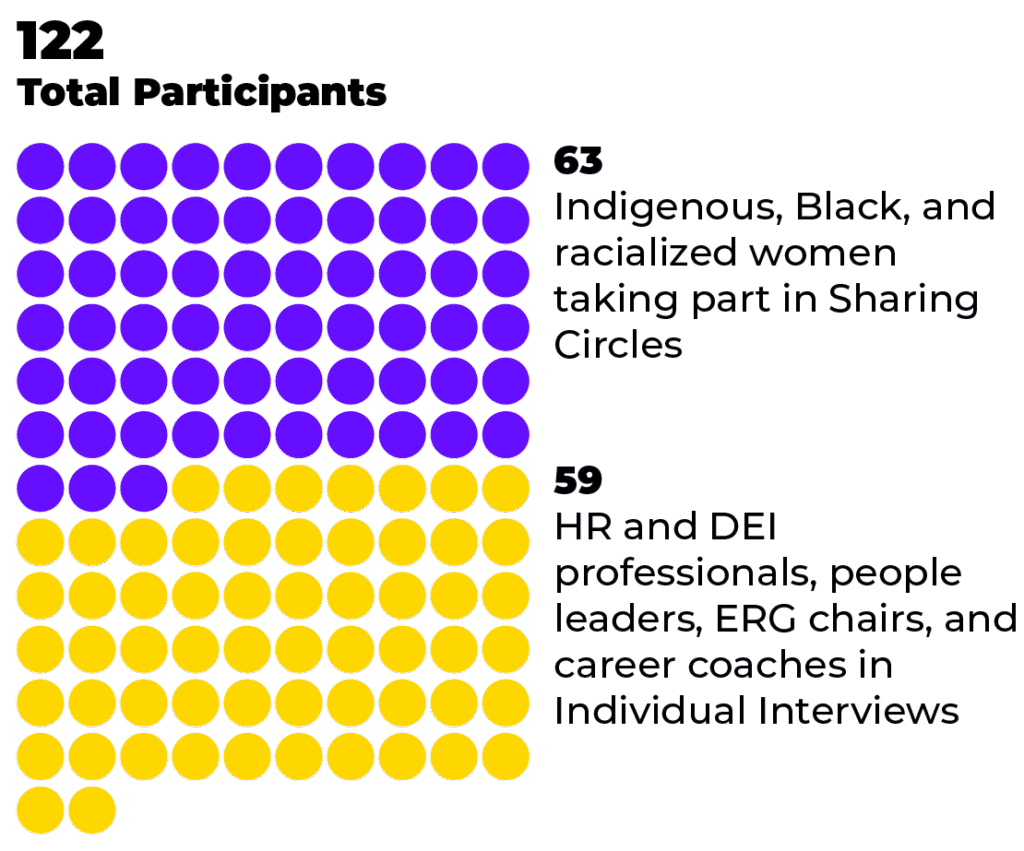
Gender Identity
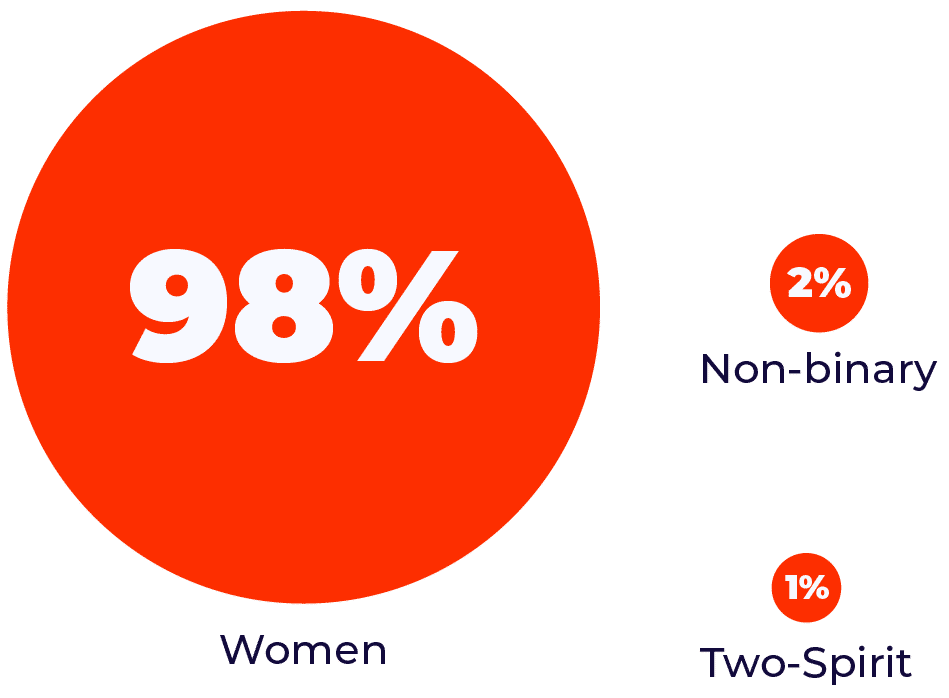
Age Range
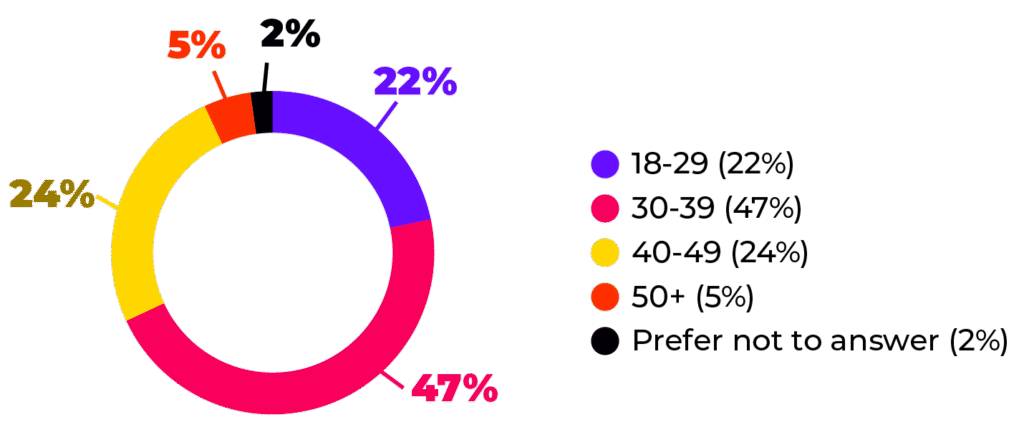
Total Provinces

Who Participated
In This Study
Research Participation
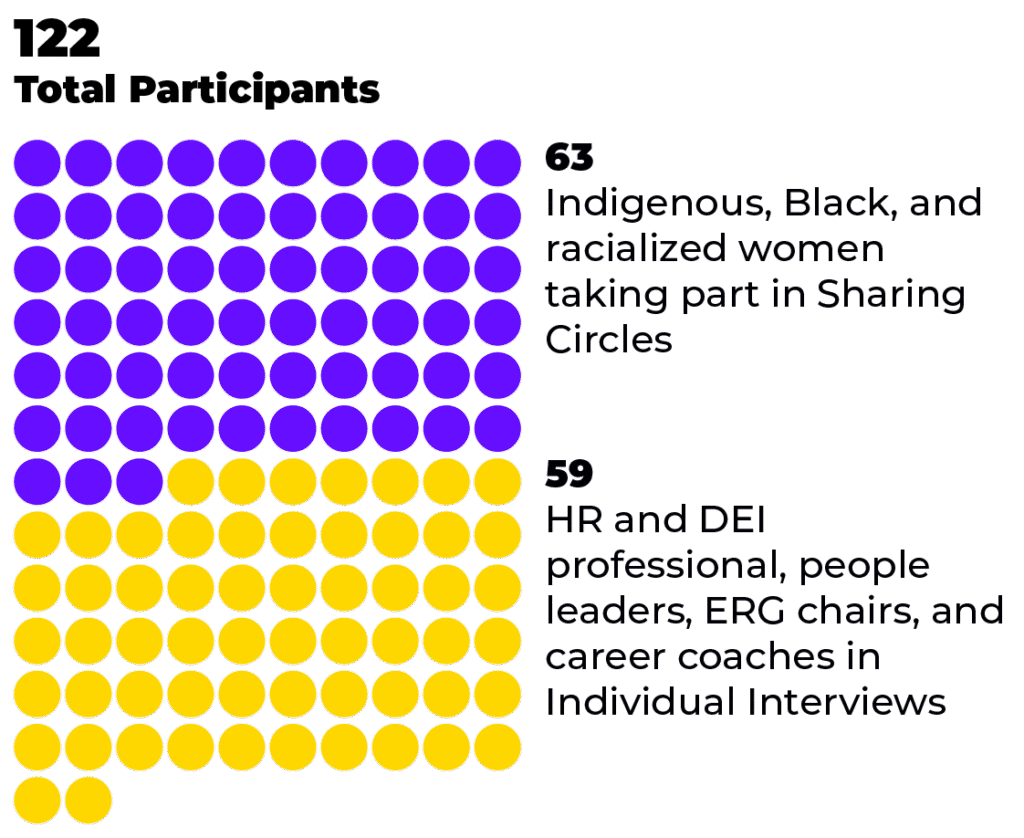
Gender Identity

Age Range

Total Provinces

Our
Approach
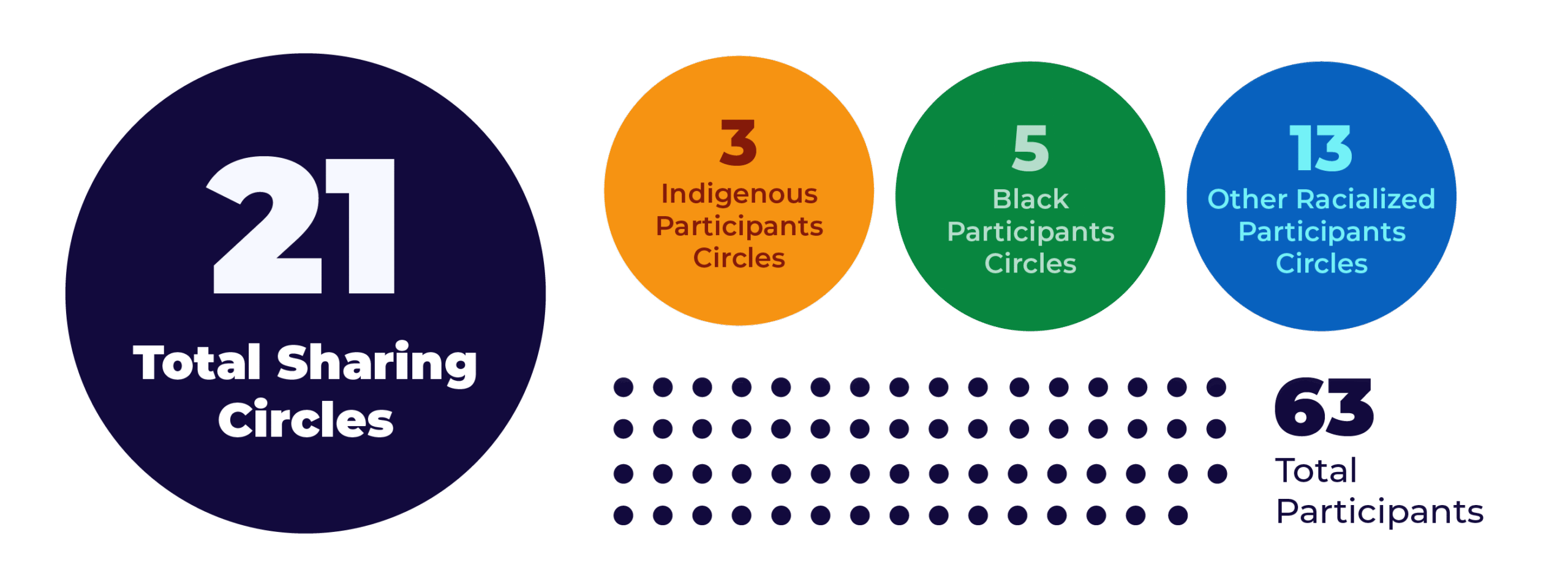

Our
Approach
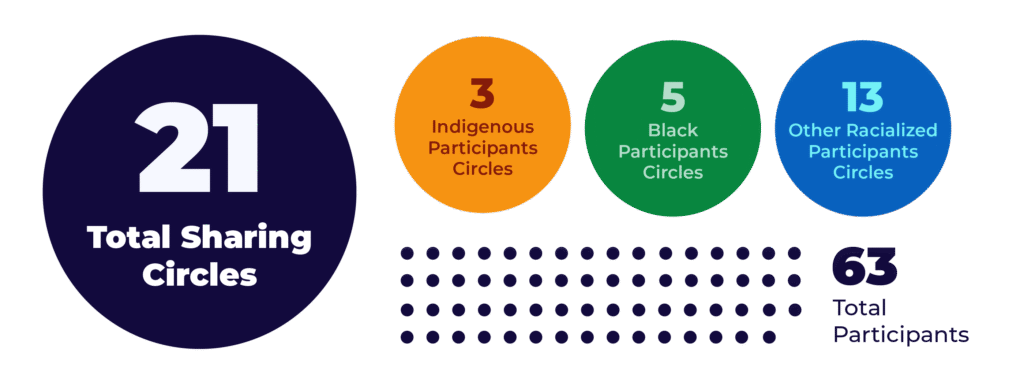
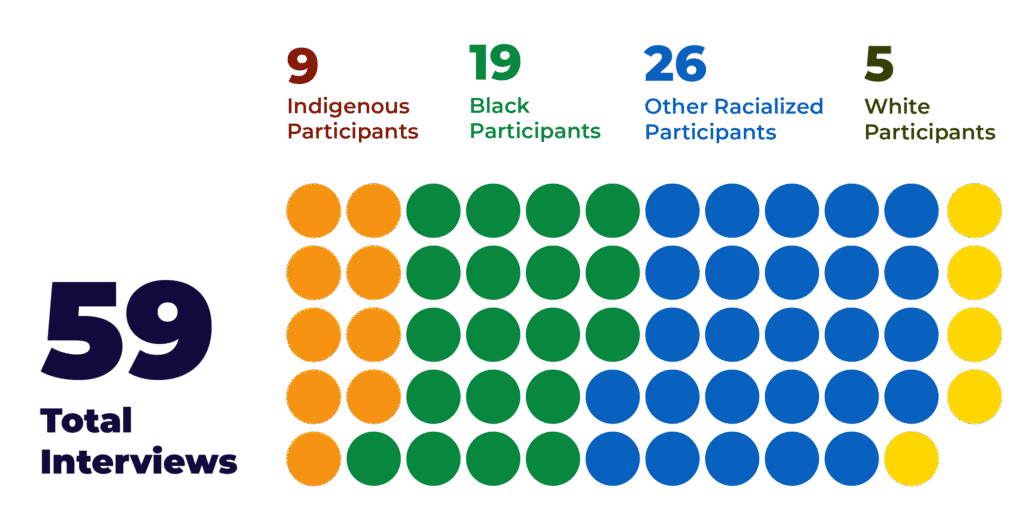
Meet the
Research Team
The research team is made up of Indigenous, Black, and racialized women. The team’s persistence, dedication, and expertise have been the driving force behind this research project and report.

Dr. Golnaz Golnaraghi
Lead Investigator & Researcher
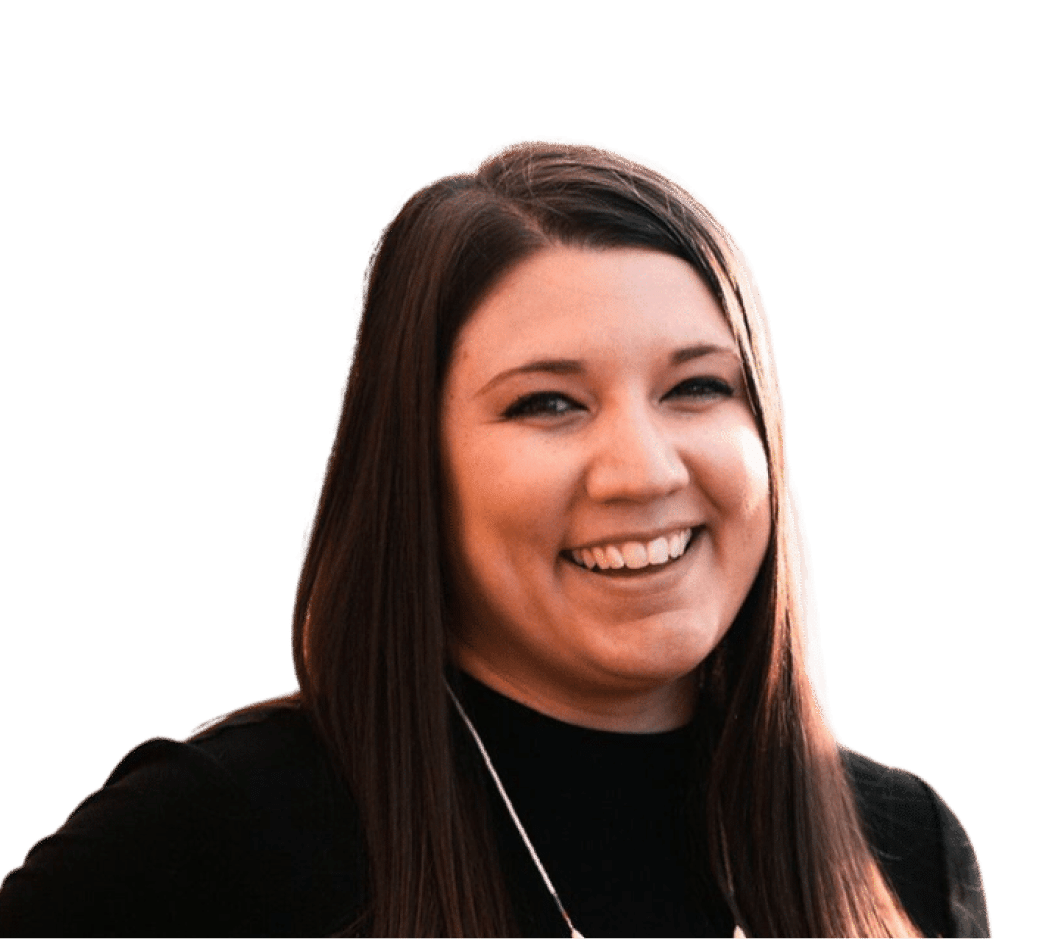
Dana Carriere
Sub Investigator &
Indigenous Researcher
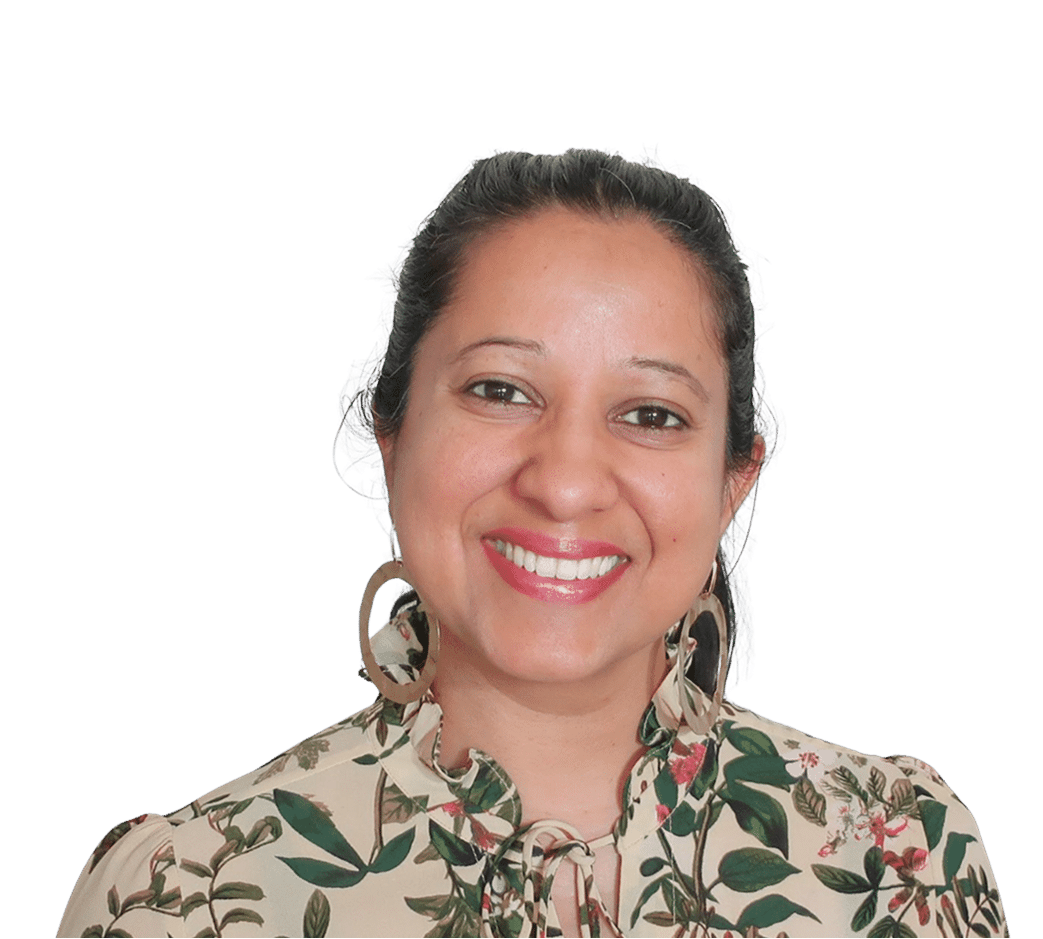
Seema Taneja
Sub Investigator &
Researcher

Deborah Eliezer
Research Assistant

Natasha Sidi
UX & Project Management
Meet the
Research Team
The research team is made up of Indigenous, Black, and racialized women. The team’s persistence, dedication, and expertise have been the driving force behind this research project and report.

Dr. Golnaz Golnaraghi
Lead Investigator & Researcher

Dana Carriere
Sub Investigator &
Indigenous Researcher

Seema Taneja
Sub Investigator &
Researcher

Deborah Eliezer
Research Assistant

Natasha Sidi
UX & Project Management
Partner
With Us
We’re inviting organizations, institutions, and leaders who are committed to equity and inclusion to join us in taking action. Whether you’re looking to invite us to share the findings and recommendations at your next team meeting or ERG event, speak at your next event, co-create solutions, or support future research, we’d love to collaborate.
Partner
With Us
We’re inviting organizations, institutions, and leaders who are committed to equity and inclusion to join us in taking action. Whether you’re looking to invite us to share the findings and recommendations at your next team meeting or ERG event, speak at your next event, co-create solutions, or support future research, we’d love to collaborate.
This Research Project
Was Supported By
Accelerate Her Future’s Career Development & Experiences of Black, Indigenous, and Racialized Women in the Canadian Workplace research project was partially funded by the Government of Canada’s Future Skills Centre. This study was approved on ethical grounds by Veritas Independent Review Board.
This Research Project
Was Supported By
Accelerate Her Future’s Career Development & Experiences of Black, Indigenous, and Racialized Women in the Canadian Workplace research project was partially funded by the Government of Canada’s Future Skills Centre. This study was approved on ethical grounds by Veritas Independent Review Board.

Accelerate Her Future® was founded on land and waters of the traditional territory of many nations including the Haudenosaunee, Anishnaabeg, the Attawandaron, and the Metis within the lands protected by the “Dish with One Spoon” wampum agreement. We respect Indigenous peoples’ deep connections to the land and waters, and affirm our commitment to continued learning while engaging our head, heart and hands to advance the TRC Calls to Action 92 and the MMIWG2S+ Calls to Justice 6.1, 11.1 and 15. We invite you to learn more about the history and presence of the Indigenous communities on the land and waters you gather on and work to build a better future for all. We encourage visitors to our website to learn about the land they are currently on.

Accelerate Her Future® was founded on land and waters of the traditional territory of many nations including the Haudenosaunee, Anishnaabeg, the Attawandaron, and the Metis within the lands protected by the “Dish with One Spoon” wampum agreement. We respect Indigenous peoples’ deep connections to the land and waters, and affirm our commitment to continued learning while engaging our head, heart and hands to advance the TRC Calls to Action 92 and the MMIWG2S+ Calls to Justice 6.1, 11.1 and 15. We invite you to learn more about the history and presence of the Indigenous communities on the land and waters you gather on and work to build a better future for all. We encourage visitors to our website to learn about the land they are currently on.
